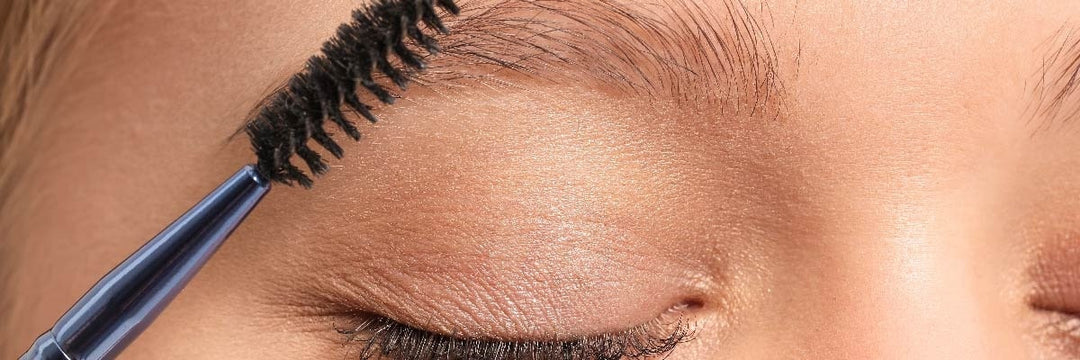What is Peppermint Oil? What is it for?
Among the frequently used aromatic oils with its refreshing scent, peppermint oil also stands out with its benefits . When it comes to the benefits of peppermint oil, many benefits can be listed, from relieving sore throats to soothing headaches, from supporting digestion to protecting against antiviral diseases. In this article, we will discuss the answers to the questions that those interested in aromatherapy applications are curious about about peppermint oil. You can find the answers to frequently asked questions such as what is peppermint oil ?, what is peppermint oil used for ?, how is peppermint oil used ? in our article.
What is Peppermint Oil?
Peppermint is a plant that grows naturally in North America and Europe. Peppermint oil is an oil obtained by steam distillation from the leaves of the mint family, known as Mentha x Piperita or garden mint, which is in the Lamiaceae family in Latin. Although the main components of peppermint oil are known as menthol and menthone, it also contains other components with therapeutic properties.
What is Peppermint Oil Used For? What are its Benefits?
Many studies have shown that peppermint oil has many health benefits. However, it should be noted that the purity and quality of essential oils are difficult to monitor. When it comes to supporting health and experiencing various peppermint oil benefits, it is recommended to obtain 100% purepeppermint oil from reliable producers.
The benefits of peppermint oil can be listed as follows:
- It relieves the symptoms of irritable bowel syndrome.
- It soothes itchy areas and reduces itching.
- It relieves pain.
- Prevents or reduces vomiting.
- It reduces muscle spasms.
- It relieves bloating in the stomach.
- It supports blood circulation.

Many studies have shown that peppermint oil can help relieve symptoms of irritable bowel syndrome and other conditions that affect the digestive system. The menthol in peppermint oil may also help with abdominal spasms by reducing the movement of calcium across the intestinal lining.
It is known that peppermint oil has been used for stomach ailments for thousands of years. Meet one of the most enjoyable formulas of peppermint oil used to support stomach health with different usage methods with the assurance of Mana Botanicals: Tummy Tender Roll On .
Mana Botanicals Tummy Tender Roll On's formula, which is supported by lemon and ginger oils as well as peppermint oil in its content, is especially preferred safely by those who have nausea problems. The oils offered in diluted form can be applied directly to the skin.
Is Peppermint Oil Good for Sore Throats?
A 2013 study showed that peppermint oil has antimicrobial effects against pathogens that enter the body through the mouth. Another study also showed that peppermint oil helps fight bacteria with its antibacterial effect. Peppermint oil contains menthol, which is found in many lozenges and soothes the throat. Inhaling peppermint oil helps reduce throat pain and relieve inflammation.
Mana Botanicals Wellness Roll On, which contains rosemary, clove and bay oils in addition to peppermint oil, aims to protect against diseases with its antiviral and antibacterial effects. The formulation, which helps relieve nasal congestion, can also be preferred to reduce inflammation and relieve muscle and joint pain.







